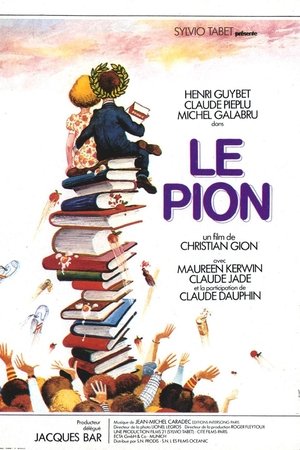Lost Girls, directed by documentary filmmaker Liz Garbus, is a film adaptation of Lost Girls: An Unsolved American Mystery, a 2013 New York Times bestseller. It was based on real crimes, which indicated a serial maniac's regular activity on Long Island, but were never solved. The New York police did not particularly strive to solve the case because all those killed were call girls from poor and dysfunctional families.
Lost Girls focuses on the family of one of the victims – Shannan Gilbert. Namely, on mother Mari (Amy Ryan) and her desire to find out what happened that night when her daughter did not come home for dinner.
The Lost Girls is a thriller, and the main mystery lies in the identity of the criminal. Usually, the main characters of such films are representatives of the law, but the Netflix project decided to take a different path, putting Mari in the center. This makes the movie more than a story about the missing girl. The film shows the troubled relationship in the Gilbert family between a single mother and her three daughters, whom she doesn't care about. It raises the topic of police inaction, their bias towards sex workers. Viewers also see how a community of other victims' relatives is created, who hope to find comfort in each other during difficult times. Mari becomes the connecting element of all storylines.
The name “Lost Girls” plays up the semantic ambiguity of the word “lost.” These girls are both missing and lost. Lost, useless, and hopeless for an "ideal" prosperous society. A significant genre shift occurs: detective investigation turns into political and social criticism. The proceedings, which should come from the name of the police investigator, come from the mother, who is looking for justice. A mother who feels guilty for having once abandoned a difficult daughter, just as the authorities have now abandoned “non-fitting” members of society.

 95 min
95 min
 6.051
6.051
 2020
2020
 USA
USA
 Grace wrote:
Grace wrote:


















